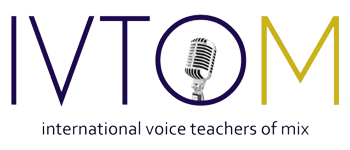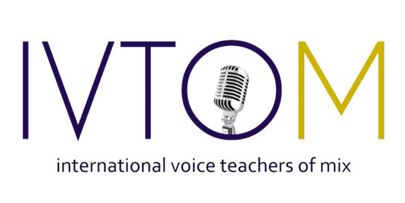Weekly Teaching Tip – Mar. 10, 2014
by Dr. Curt Stock
1. Inhaled steroids
* used for reactive airway disease
* causes local immunosuppresion, fungal laryngitis. ?Mucosal thinning
*Management: Anti fungal medications, change medications if possible
2. Testosterone
* Androgenic medications in women used for sexual rejuvenation, anti menopausal,
*causes permanent virilization of the voice in ~90%
*management , find the fountain of youth, dont use if possible
3. Decongestants
*Pseudoephedriine or any cough and cold med with D in it
*causes profound antichoinergic effects and desiccation and laryngeal sicca (dryness)
* management. cessation , try alternate medicines.
4. Antihistamines
*Diphenhydramine (Benadryl), Hydroxyline (Atarax), Chlorpheniramine (Chlor-trimeton),
Cetirizine (Zyrtec), Loratidine (Claritin) etc.
*causes anticholinergic effects, mostly drying.
*management: cessation and alternate medicines
5. Insufficient thyroid replacement
* Hypothyroidism leads to True Vocal Fold edema/mxedema
* management: proper thyroid replacement
6. Anti-Angiogenic Medications ( chemotherapy medicines frequently used to decrease blood flow to tumors)
* causes roughness of the voice in ~30% of patients by causing vascular ischemia (decreased blood flow) and necrosis of the Superficial Lamina Propria. The lamina propria is where God lives in the vocal fold. If there is scarring in this layer of the vocal fold there is minimal chance of normal voice recovery.
Management : one must weigh the pros and cons of cessation of these medicines
7. ACE Inhibitors ( a class of Anti hypertensive medicines very commonly used)
example being Ramipril, Zestril, lisinopril, and enalapril. Noticed the ending pril.
* thèse tend to cause spontaneous coughing which can lead to mucosal injury and mild dysphonia. Not everyone will have a cough, so just because you might be taking one , if you don’t have a cough then don’t worry.
* Management : there are many other types of blood pressure medications that can be used.
8. Anticoagulants
* Warfarin, NSAIDS, ASA
* anticoagulation predisposes to TV fold hemorrhage and possible hemorraghic polyps
*Management: once again stopping warfarin is not advised without your physicians blessing. Avoiding vocal trauma is imperative.
9.Antihypertensive/Diuretics
*Calcium channel blockers lead to smooth muscle relaxation of the gut and increases gastric reflux .
Calan,, Norvasc and Procardia are a few of the common ones.
* Diuretics obviously cause drying and also reflux. Two very common examples are Hydrochorthyazide (HCTZ) and furosemide.
Management: Acid suppression and hydration
10. Antipsychotics
* Haldol, thorazine
*Lamotrigine (Lamictal) Ziprazadone ( Geodon) are a few.
These cause drying, dystonia, tartive dyskenisia, These are dose dependent and patient dependent. Side affect may vary from patient to patient. (I sound like a commercial)
* Management requires working with your physician and psychiatrist to find the medicines which control symptoms and have fewest side affects for the individual. In some cases botulinum injection is used in severe dysphonia.
This is a small summary, but can be used a a quick go to in better understanding your voice students and issues they deal with. You can make suggestions for them to see their physician when you pick up on a problem.
Curt R Stock MD

